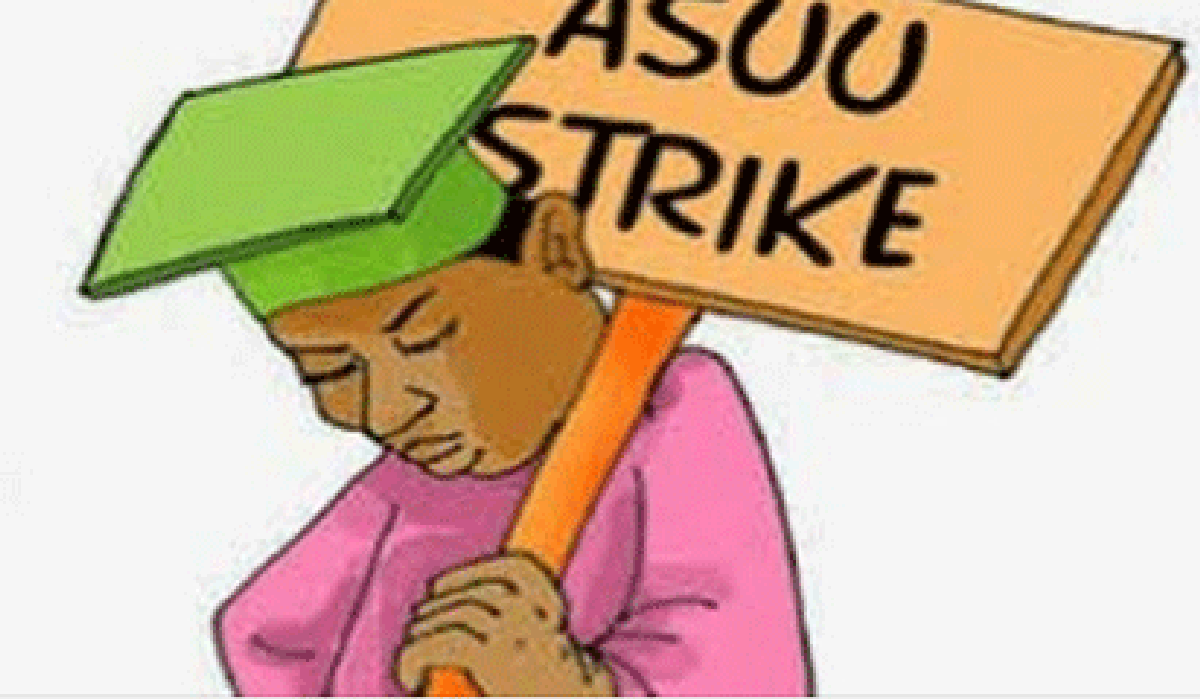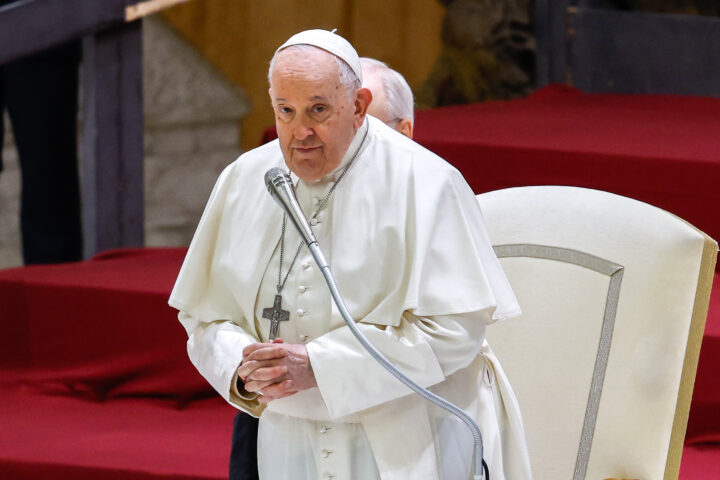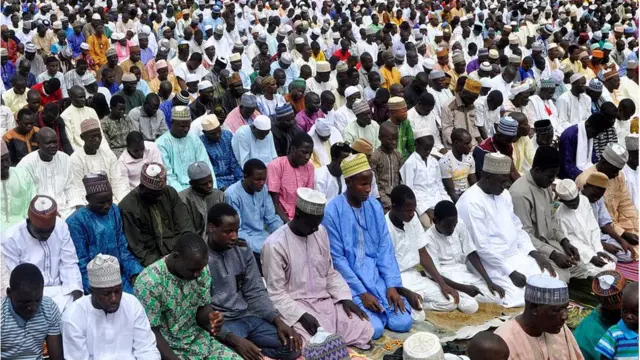Strike, according to Wikipedia, is when a large number of workers stop working in protest. In academic institutions, it usually happens when members of staff of the institution refuse to work, usually involving non-payment of salaries or administrative reasons.
In Nigeria, the infamous ASUU strike has fast become an annual holiday for Nigerian students in the public education sector, as, since 2018, the Academic Staff Union of Universities (ASUU) strike is now a yearly affair.
The effect of this strike action, or industrial action as it is otherwise called, can not be overemphasized. With consequences ranging from keeping students out of schools and making them open to social vices and indolence, to the increase in the number of years spent to complete degrees. This has a ripple effect on the employment pattern where age is an important consideration for entry-level jobs.
It has also resulted in an inconsistent academic calendar system, as against a uniform system which would ease policy and decision-making for the government, administrators, parents, and students.
Incessant strike actions culminate in the erosion of academic quality. Industrial actions rob of academic time from school administrators and upon resuming from the strike; they tend to rush academic work. This might mean shortening semesters and in turn, bombarding students with a load of academic work with limited study time, the effects of this rush are often reflected in students’ performances.
As a result of the incessant strike actions, there has been a rush by parents with the financial muscle to register their children in private universities, whose proprietors are smiling to the bank. The downside to this rush, however, is what we would discuss in this feature.
Currently, Nigeria has 49 federal, 48 state, and 79 private universities, and while strikes by lecturers paralyzed public institutions, for months this year, teaching at private universities went on uninterrupted. During the global pandemic that shut down the whole world in 2020, students in private schools were quickly introduced to Electronic learning, exams, and even graduation ceremonies that took place over the internet.
Population growth, and the increase of interested candidates due to strike actions, are one of the many challenges faced in the private education system. A regular private university, Covenant University as a case study, is permitted to admit only 2,000 students per academic session.
The availability of only 2,000 slots in a typical private school, does almost next to nothing as in 2021, out of 800,000 eligible applicants, the Joint Admissions and Matriculation Board (JAMB) allocated 424,442 admission slots to federal universities. However, only 136,527 admissions were offered, leaving 287,920 eligible applicants with the option of private school. There are 79 private universities in Nigeria, and going by the 2,000 approved slots, private schools can only cater to 158,000 candidates, leaving 129,920 candidates out of school.
Vice-chancellors of leading private universities in Nigeria said that the situation is particularly unfortunate because they are unable to accept all transfer requests.
Abiodun Humphrey Adebayo, the vice-chancellor of Covenant University, a private institution in Ota, said that the institution already had more than 60% of qualified candidates who could not be offered admission because of the limited slots available.
Caleb University, another private university in Nigeria, also said it cannot cope with the surge of admission seekers as it would need to recruit more staff to balance the NUC’s required student-to-staff ratio.
Minister of Education, Adamu Adamu, said private universities, in the last 20 years, had contributed to opening access for the growing population of candidates seeking university education.
He lamented that despite the growing number of universities every year, a large number of qualified candidates seeking university education could not be absorbed due to the limited “carrying capacity” of existing institutions.
Carrying capacity is a new dimension introduced by the NUC to enhance quality assurance in the Nigerian university system; it means that students are admitted based on the facilities available. These include adequate lecture rooms, well-stocked libraries, good staff-student ratios, and accommodation.
Carrying capacity is not the only factor, most private universities has minimal number of accredited courses. For instance, only 15 out of the 79 private universities offer, Medicine and surgery in Nigeria.
What can Nigerian Government do?
To bridge this gap, the National Universities Commission(NUC) could increase the approved slots per session in private universities, to at least 5,000 students per session. Doing this, they would be making provision for 395,000 students as opposed to 158,000 students. This would also mean, that private schools, update their facilities and hire more members of staff, to balance out the staff-student ratio, as required by NUC.
The National Universities Commission could also, give accreditation to more private universities for more courses.


















Follow Us